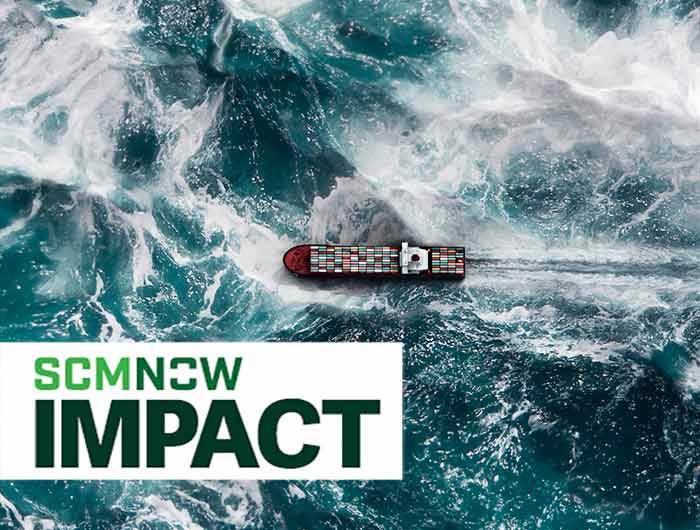As I’ve written time and time again, climate change is a direct threat to the wellbeing of supply chains; from natural disasters to pollution to a lack of resources: Supply chain professionals can’t afford to be complacent about the dire effects of extreme heat or frequent floods.
This week, I’m pleased to report that governments and corporations are taking notice and making a change. U.S. President Biden signed into law the largest investment in climate action ever, including more than $50 billion in climate resilience.” According to the White House press release, the multifaceted plan aims to reduce pollution across industries, protect public lands and waters, and restore “the vital role of science in guiding the Biden-Harris Administration’s decision-making.” Furthermore, the simultaneous release of the Fifth National Climate Assessment notes that “ambitious climate action is underway,” leading to an increase in green jobs, clean energy investments, and a path to cutting carbon pollution in half by 2030.
At the same time, Reuters reports that the United States and China “will back a new global renewables target and work together on methane and plastic pollution,” reviving a bilateral climate working group with the goal of the world’s two biggest greenhouse gas emitters collaborating to demonstrate their commitment to curbing climate change. One major accomplishment: China will include non-carbon-dioxide greenhouse gases such as nitrogen oxide in its 2035 national climate plan, as well as specific actions to curb methane emissions. This is the first time China has agreed to include methane in its climate plan, the Reuters article notes, a notable achievement for the Biden administration.
Here at ASCM, we acknowledge the role that supply chains play in contributing to climate change, and we continue to urge leaders to redesign their networks with circularity in mind. Earlier this year, ASCM Editor-in-Chief Elizabeth Rennie reported on the myriad benefits that circularity offers the economy and the planet: “Although individuals have always had a role in slowing some of the worst effects of climate change, businesses and corporations play a much bigger part in changing the status quo. The future is the circular economy: a system of reusing and regenerating materials and products in a much more sustainable way.”
To further support this initiative, the Ellen MacArthur Foundation developed a white paper, in collaboration with the Circular Supply Chain Network, that leverages ASCM’s SCOR Digital Standard as the framework for moving from a linear to a circular mindset. The researchers emphasize that a circular economy, where resources are reused and nature is regenerated, offers businesses the opportunity to redesign their supply chains to build resilience. “The planet’s materials are not endless,” notes Deborah Dull, founder of the Circular Supply Chain Network. “Perhaps no one knows better than the supply chain professional about the ebbs and flows of material availability and the resulting effects on cost and downstream impacts on shortage or surplus.”
Resilience for a stronger planet — and supply chain
Sustainability must be a significant focus for our global community — I urge you to make it a daily consideration for improving your workplace. As a first step, keep an eye out for the December 7 LinkedIn Live, which will delve into the circularity white paper with Ellen MacArthur Foundation Project Manager Cindy Venho, Deborah Dull and ASCM Executive Vice President Douglas Kent. As I note in the paper’s foreword, ensuring our supply chains withstand and bounce back from inevitable shocks is an act of resilience. And for your next step, check out ASCM’s Supply Chain Resilience Certificate. This program will equip you to manage risk, make data-driven decisions, strengthen supplier relationships, and prepare for disruption with expert strategic planning. Sign up now to be alerted as soon as the certificate launches.



